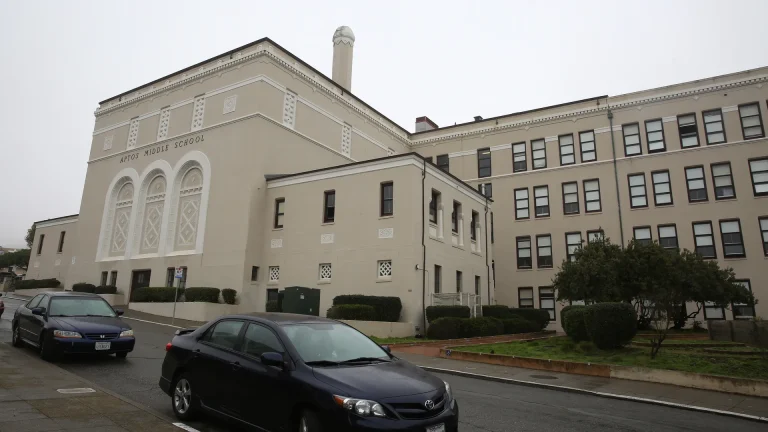In a heated exchange over education policies, an educational network supported by one of the nation’s largest teachers’ unions is facing backlash from school choice proponents. The controversy arose as the network labeled voucher programs as racist, sparking a fierce debate amidst “National School Choice Week.”
Corey DeAngelis, a vocal advocate for school choice, expressed his defiance on “Fox & Friends Weekend,” stating, “Families aren’t going to be silenced into submission. They’re going to be emboldened to push back even harder, and the momentum is going to continue in 2024.” DeAngelis criticized the teachers’ unions, asserting that their attack on voucher programs reflects desperation and an attempt to maintain control over failing government schools.
The campaign, detailed in a QuickStart Guide from the Partnership for the Future of Learning, aims to challenge the narrative that school choice programs “advance equity.” According to the guide, the strategy involves confronting this narrative by explaining how voucher programs might disadvantage students of color and deepen existing inequities.
The rationale provided suggests that school choice diverts funding from high-quality public education, hindering equal opportunities for all students, regardless of race or location. The guide argues that voucher programs, by redirecting funds to private schools, particularly affect black and brown communities, exacerbating existing disparities in funding and resources.
The network’s website, defending public education, contends that voucher programs have roots in segregation, asserting that “publicly funded scholarships to attend private schools were intended for white families to escape state desegregation efforts.” Additionally, it claims that such programs contribute to increased racial isolation.

Read more:
- Dangerous icy road conditions prompt extended closures for East Tennessee schools, including Knox County
- Hochul sidesteps ‘Under the Hood’ test amid school bus driver shortfall
- School Experts Unhappy with Hochul’s Budget Plan, According to Education Insider
- Recent Legal Measure Confronts Shortfall Impacting Kids Across New York
In contrast, DeAngelis passionately argues that school choice benefits students and families across diverse groups. He cites 29 studies on the subject, with 26 indicating positive effects. According to him, school choice creates healthy competition, prompting public schools to improve in response. He emphasizes that parents, intimately acquainted with their children, can make informed choices that align with their values.
DeAngelis contends, “School choice is a rising tide that lifts all boats.” He asserts that public schools enhance their academic offerings in response to competition, ultimately benefiting students. He also underscores the importance of allowing parents the freedom to choose educational institutions that align with their values rather than feeling compelled to send their children to schools that may not resonate with their beliefs.
Taking to social media, DeAngelis shared information about the Partnership for the Future of Learning’s initiative, raising awareness about its scheduled launch on Monday. His posts included details about the toolkit and the alleged risks associated with the expansion of school voucher programs.
“Fox & Friends Weekend” sought responses from both the Partnership for the Future of Learning and the National Education Association, listed as one of the network’s “partnering organizations,” but received no response in time for the segment.
As the debate intensifies, it highlights the ongoing tensions surrounding education policies and the deep divide between advocates for school choice and those aligned with traditional public education. The discourse raises crucial questions about the role of vouchers, the impact on marginalized communities, and the broader implications for the future of education in the United States.















+ There are no comments
Add yours